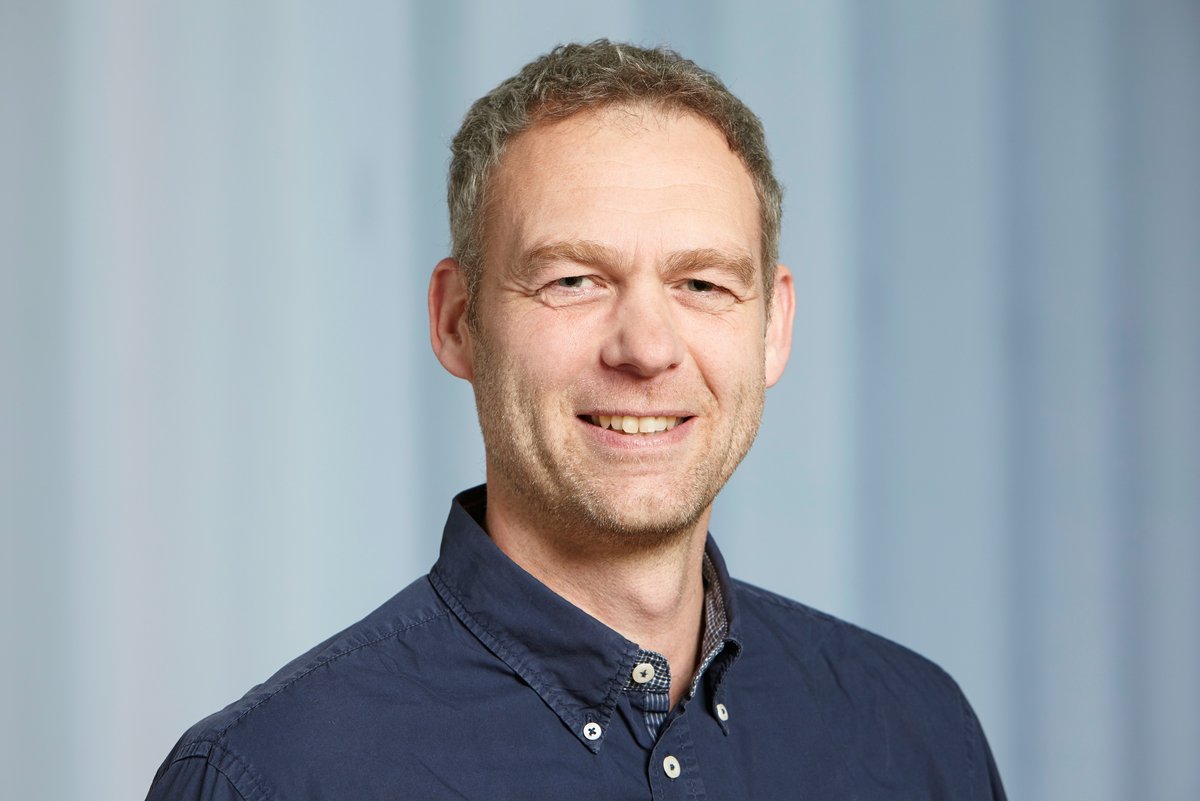Groups in social networks
Time
Monday, 2. December 2019
11:45 - 12:45
Location
M629
Organizer
Centre for the Advanced Study of Collective Behaviour
Speaker:
Ulrik Brandes, ETH Zurich
This event is part of an event series „Seminar Series of CASCB“.
View the recording of Ulrik's talk here
Ulrik Brandes is a Professor for Social Networks in the Department of Humanities, Social and Political Sciences at ETH Zurich. He has a background in algorithmics, with special interests in graph algorithms and network visualization. His current focus is social network science, where methodology and method development are complemented by a growing interest in societal challenges arising from the Digital Transformation.
Groups in social networks
We discuss two different concepts of groups in social networks, andnovel methods to determine them. The rationale of these methods is bestunderstood when viewed in the context of positional network analysis,an approach we are devloping to solidify network science more broadly.The first grouping concept is known as community detection, or graphclustering, where a community consists of individuals that are morecohesive among each other than toward the rest of the network. Methodsfor community detection are generally based on a global objectivefunction with no interpretable mechanism underlying it. We outline twoalternative approaches based on structural embeddedness and socialinfluence.The second grouping concept is known as role assignment, where a groupof individuals are considered to enact the same role if they have acommon pattern of relationships with others. In the literature, this isusually formalized via node equivalences, which, however, turn out tobe too restricted and overly sensitive to changes in the data to beempirically useful. We introduce an alternative approach that is moregenerally applicable and at the same time provides a micro-foundationfor the evolution of roles.

